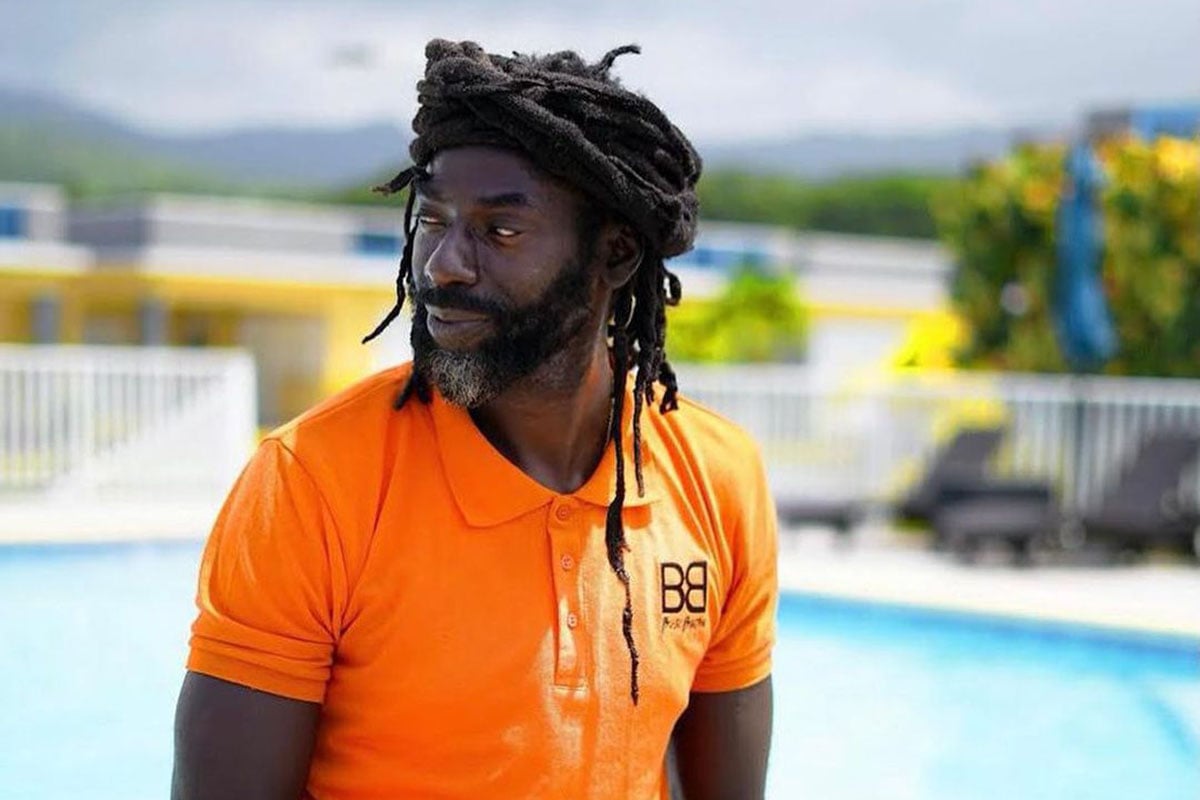Buju Banton Says Jamaican Men Have Become Weak: “The Women Are Stronger”

Buju Banton has lamented what he says is the fact that Jamaican men have become “weak”, and as a consequence, have displaced their anger onto their compatriots, instead of confronting their oppressors.
“Our men have become weak. The women are more stronger than our men in this nation,” Buju said in an Onstage interview on the weekend.
“As a result, we have more anger, and as a result of the anger, we have wanton killings. There’s no compassion. Is not the woman dem doing it. You tell me so that syndrome is a mindset where you really want hold the oppressor and choke him. But him can’t catch him so the nearest man to them becomes the person to take out that anger on,” he added.
The Champion deejay’s response had come after host Winford Williams had asked him how far he was willing to go in politics, since he appeared to be “looking at impacting change”. This was in light of his appearance at a recent People’s National Party (PNP) Conference clad in an orange shirt, and raising his fist, which are two of the political organisation’s symbols.
“Music come to teach them a lesson. And in reality, our nation is not ready for the great change as yet… we are not ready for certain changes in this great nation. We are too steep in certain mindset,” Buju had said in prefacing his subsequent statement.
Buju’s statement about Jamaican men engaging in violence and wanton killings, particularly in Kingston’s inner-city areas, is well-studied and well-documented.
For example, in a 2009 paper titled Young Boys Learning to Fear, Hate and Harm: A Recipe for Sustaining Tribal Political Violence in Jamaica’s Garrisons, University of the West Indies lecturer Dr. Herbert Gayle had noted that data from life histories of Jamaican inner city boys aged six to eight suggest that “there is a deliberate attempt by politicians and some community members and parents to encourage boys to fear, hate and harm people who support the rival political party”.
Dr. Gayle also noted that Jamaica’s primary social problem is violence, specifically at the community level. Since 2005, when Jamaica recorded homicide rates of 64 per 100,000, the country has been ranked among the most violent places on earth.
The UWI lecturer, who is an anthropologist of social violence in the Caribbean with years of experience studying youth gangs in Jamaica, said that “the closer the boys lived to the headquarters of political gangs or garrisons, the more likely they were to have a close relationship with the MPs”, councillors and political activists who oversee the ‘corners’ of the communities”.
Consequently, their behavior was more violent, which suggested that training in political tribalism affects the boys’ relationship with their peers.
“Only boys who received a high level of nurture and supervision seemed to absorb little of the training to harm supporters of the opposing party,” the anthropologist noted in the article.
Jamaican men are disproportionately affected by crime in Jamaica and most homicides committed on the island are the result of gang feuding involving young men. Males account for over 80 percent of all admissions for violence-related injuries, and more than two-thirds are under age 30.
Jamaica Constabulary Force (JCF) Crime Statistics Report for 2020 showed that men accounted for 82.4 percent of murder victims. Young men, in particular, are especially vulnerable, as the report also noted that 63.7 percent of murder victims were between the ages of 15 and 34.
In December last year, The Gleaner reported that with approximately 1,000 men aged 18 to 59 years being murdered and a further 800 or more being imprisoned each year, the Planning Institute of Jamaica (PIOJ) had said that the island could be losing billions of dollars in potential productivity annually from men in their prime to crime and violence.
The article had also noted that the cumulative potential productivity lost when men are murdered and incarcerated in their prime years could be roughly about $6 billion annually.
